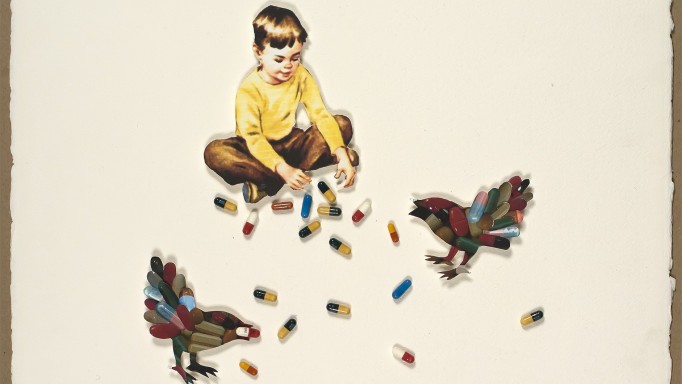Write a Comment
23 Comments
In thailand they start meds at 200 cd4 count !! is this a bad thing? should one try to start earlier? feel OK just a cough that persists.getting confused about when to start.
I think we can draw two conclusions from these recent articles on when to start meds and the comments posted. The first is that starting meds at between 300 and 500 T cells has been shown by these studies to reduce mortality/morbidity. I think we can all agree that raising the CD4 count from 200 to 300 was a good thing. The 2nd is there's valid concerns about toxicity from starting meds at higher CD4 counts because it means you take meds for a longer period of time. Both of these points will be evaluated in the current/new studies. So we'll have to wait until the results are in. One personal observation... recently diagnosed people(within the past 5 years)who posted on here seem to be more open and accepting of starting meds. We also seem to report little to no side effects with our regimens, and we have experienced improved health/quality of life. I wonder if there is a 'gap' between 'new' HIV'ers and 'old' HIV'ers when it comes to opinions about taking/starting meds?
Ultimately, Kuritzkes says, the best road may be a middle path between where we are now and simply starting everyone at 500. Such moderation will likely rest on the role that inflammation and over-activation of the immune system play in disease progression. Concerns about inflammation are part of the rationale for using ARV treatment earlier. Many experts believe that too much inflammation, which occurs when people are not on treatment and HIV is actively reproducing, may be a factor in many of the health complications seen in studies such as SMART and NA-ACCORD. from http://www.aidsmeds.com/articles/hiv_early_treatment_2042_15656.shtml
“I think that one can mount arguments for not starting treatment earlier,” explains Daniel Kuritzkes, MD, a longtime AIDS researcher from Harvard Medical School in Boston. As an example, he says, “We don’t know if the benefit you might achieve in terms of reducing AIDS- and non-AIDS-related complications will be better or greater than the harm you might do from the long-term toxicity of therapy.” from http://www.aidsmeds.com/articles/hiv_early_treatment_2042_15656.shtml
I forgot to mention in my previous comments that I was able to take the the first level HART regimine, Atripla, because analysis showed I did not have a drug resistant variety of the virus. All the studies I am aware of show this drug has very little if any toxic affects on my body. Also by starting very early I understand the virus probably never had much of a chance to get into the deep tissues of my body which may be important should there ever be a cure. As a 27 tear old I expect to live a full normal life. Some things have changed though. I try to reduce stress by working out at the gym, take time to "smell the roses" of life every day and have moved from the City to the country where I feel more connected to nature and have a great support system from my neighbors (yes many know I have HIV). I'm lucky in that I have been able to work and get medical coverage through my employer group plan.
5 years ago I was diagnosed positive as a result of a physical altercation and stabbing. Since I was still acute (just converting) the doctors thought it might be best to start treatment right away - that was pretty revolutionary thinking at that time. I ended up starting taking meds almost exactly 2 months after the incident. Because my immune system was still very strong I never had any side effects from the meds and to this day have remained undetectable with a CD4 count of about 55% and 1000 absolute (normal for anyone with or without HIV).
Just as an addedum to my last post, here are the references for the studies into whether or not HIV is becoming more virulent: http://polyscience.org/2005/09/less-virulent-hiv/ Research comparing samples of HIV-1 from 1986-89 to samples from 2002-03 have found the virus weakening. The new samples do not multiply as well and they appear more susceptible to drugs. and http://www.aidsmeds.com/articles/hiv_evolution_pathogenic_1667_15531.shtml The researchers noted that the most dramatic decline in the number of CD4 cells occurred up until 2001, but has since stabilized. This suggests that HIV may have adapted into a more pathogenic virus earlier in the epidemic, but has not further evolved during the past several years.










Francis Charette
I've poz for the past 7 years and im still not on meds. My viral load is steady at 6000 and my CD4s vary between 450 and 250. I often wonder if this type of research is not indirectly funded by pharmaceutical companies. We all know they have little ethics when it comes to making profits, not matter what public relations or media campaigns they might orchestrate. Of course its shocking to read that the death rate 71% higher in Poz people who have waited till their CD4s drop below a certain level before starting meds. When are we going to see a true unbiased research on the matter? Francis Charette Ottawa
December 24, 2008